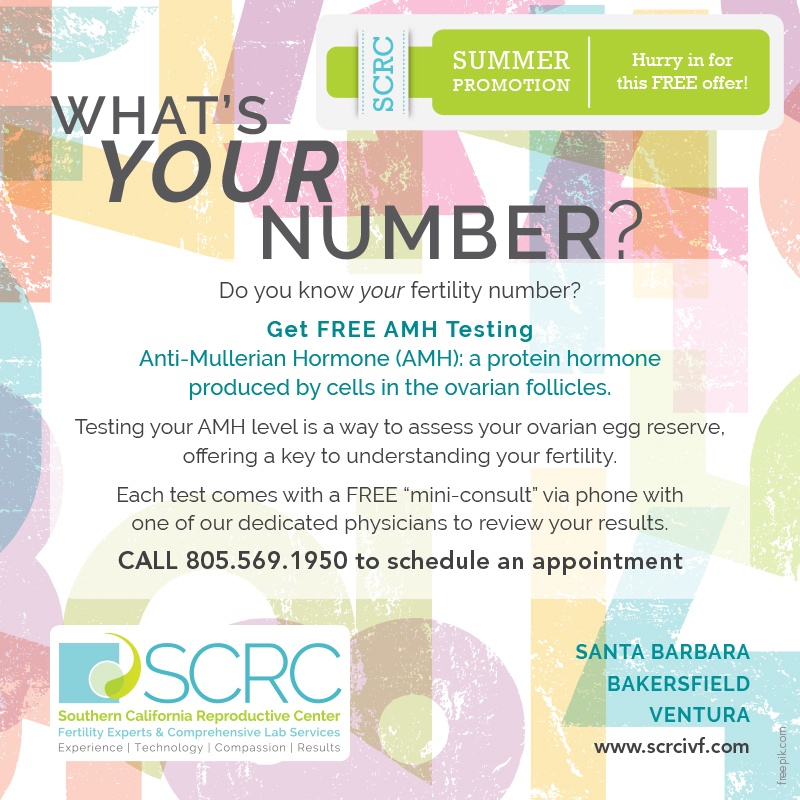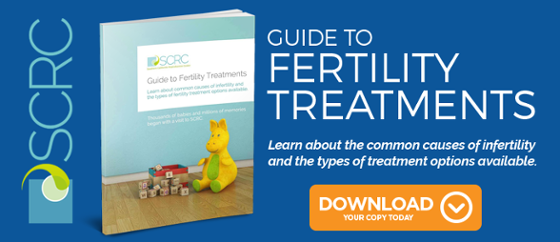 Egg quality is one of the most important factors in whether a woman is able to conceive, but it is a topic that many never think about until they are already struggling to get pregnant. Poor egg quality is caused by diminished ovarian reserve and is one of the most common causes of infertility, especially in women over 35.
Egg quality is one of the most important factors in whether a woman is able to conceive, but it is a topic that many never think about until they are already struggling to get pregnant. Poor egg quality is caused by diminished ovarian reserve and is one of the most common causes of infertility, especially in women over 35.
Egg quality is important because it determines embryo quality. Poor egg quality is closely associated with chromosomal abnormalities in embryos, also known as aneuploidy. In some cases, aneuploidy can cause birth defects, but more often it results in miscarriage, often at such an early stage that a woman does not even know she was pregnant.
In IVF, problems with egg quality can mean that the resulting embryos don’t implant, or that the eggs fail to fertilize at all. Whether you are trying to conceive on your own or are getting ready to embark on IVF, how can you make sure your eggs are as healthy as possible?
Look at your lifestyle choices.
While there are currently no clinically proven ways to improve egg quality once it has begun to decline, researchers have been exploring how lifestyle choices may have a significant impact on reproductive health in general. There have not yet been any conclusive findings on what type of diet or exercise is best for egg quality specifically, but common sense and self-care will go a long way towards ensuring that your body as a whole is functioning at its peak potential for health. You are more than your eggs. You deserve to feel healthy for yourself and so that you’ll be ready to nurture a pregnancy when it comes.
When you are trying to conceive it’s a good idea to start making choices “as if” you are already pregnant. Eat a balanced, healthy diet with plenty of protein, avoid foods known to be high in toxins, cut out nicotine, alcohol, and caffeine, and allow yourself time for regular, gentle exercise.
Being told “to relax” can be infuriating when you’re struggling with infertility, but reducing stress wherever you can actually does have health benefits. Stress triggers physiological reactions in the body which can cause a less-than-ideal environment for your eggs. Don’t worry about avoiding all stress: it’s not possible and stressing out about stress is a vicious circle. But do give yourself tools for dealing with it when it arises. Meditation, relaxation techniques, and the support of friends, family, and professionals can really help you through the tough times.
Consider complementary therapies.
Nothing replaces a consultation with a qualified reproductive expert, but many women find that complementary, alternative therapies and treatments increase their sense of well being as they are trying to conceive. Massage, acupuncture and herbal medicine, as well as dietary supplements may all have a place in creating an optimal environment for your eggs. Just check with your doctor to be sure that there are no potentially harmful interactions between the herbs and supplements you’re taking any any prescribed medications.
Don’t hesitate to go for an “egg checkup.”
When a woman is born, her ovaries already contain a lifetime of eggs. Over the years, the number of these eggs is whittled down, and egg quality begins to decline, usually in her early thirties. This decline accelerates through the late thirties and early forties, and continues until she finally reaches the end of her fertile years.
Early and regular monitoring of your egg quality and quantity is important. Waiting until you are already having trouble may mean losing precious time. Going to a fertility clinic for these tests is a relatively low-cost and low-commitment way to get an accurate snapshot of your fertility at a given point in time, and it can help you make decisions as you move forward. Is it a good time to freeze your eggs? What should your timeline for conception be? Are you likely to need assisted reproductive technologies (ART) to get pregnant?
Your fertility expert can help you answer these questions with a few fairly simple tests:
- Antral Follicle Count (ultrasound). Antral follicles are small ovarian follicles which can be seen (and counted) through an ultrasound. By counting the number of visible antral follicles, a doctor can predict how many primordial follicles (which are microscopic, each containing an immature egg) a woman is likely to have. More follicles means a higher ovarian reserve.
- Day 3 FSH (blood test). Follicle stimulating hormone, or FHS, is one of the most important hormones in ovulation. It is produced by the pituitary gland and stimulates the follicles in your ovaries to mature and release an egg when you ovulate.
Measuring FSH levels early in the menstrual cycle allows doctors to see how hard your body is working to make ovulation happen. Your body will keep making more and more FHS until you ovulate: if you don’t ovulate at all, your pituitary gland will not get the message to stop production, and the levels of FHS in your body will rise. This means that high FSH levels usually indicate diminished ovarian reserve.
- AMH (blood test). AMH, or anti-mullerian hormone, is produced by small ovarian follicles at early stages of growth, which are moving from the microscopic primordial state to the stage where they have the potential to produce eggs. Testing AMH levels does not reveal much about egg quality, but may be able to indicate whether or not a woman still has a large pool of growing follicles, which may mean she is likely to produce more viable eggs.

Improve your egg quality.
Every woman is unique, and there is no way to predict for certain when someone might start to experience diminished ovarian reserve. In rare cases a woman can go through premature ovarian failure beginning in her early 20s, while at the other end of the scale a particularly fertile woman may not experience any significant decline until her early 40s.
The only way to find out where you fall on the spectrum is to visit a reproductive endocrinologist and ask for tests to determine your ovarian reserve. Because these tests are diagnostic, there is a good chance they will be covered by insurance. Checking your egg health can give your peace of mind and help you understand where you stand with ovarian reserve and egg quality when you are ready to get pregnant.
Share this on social media:





